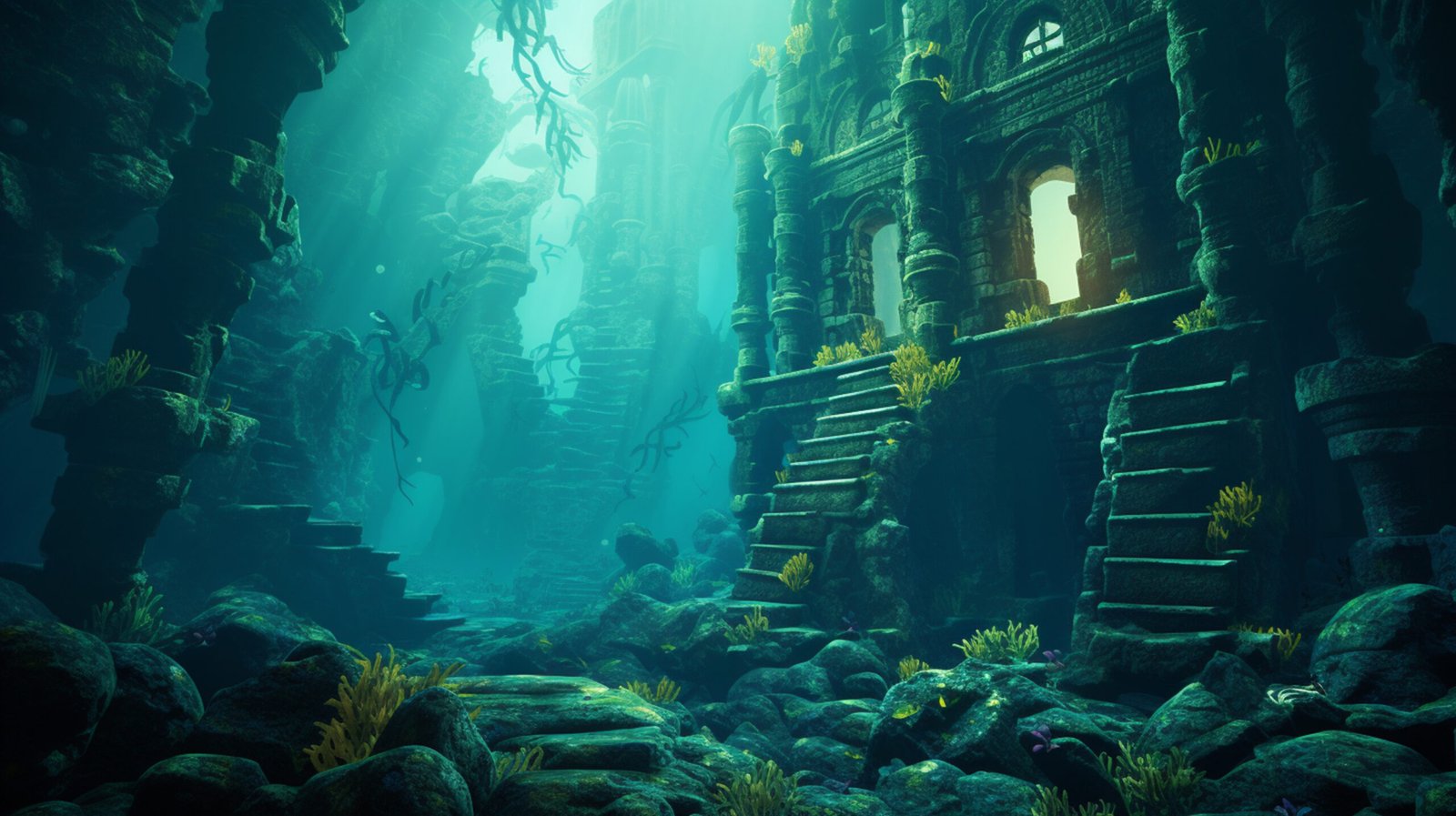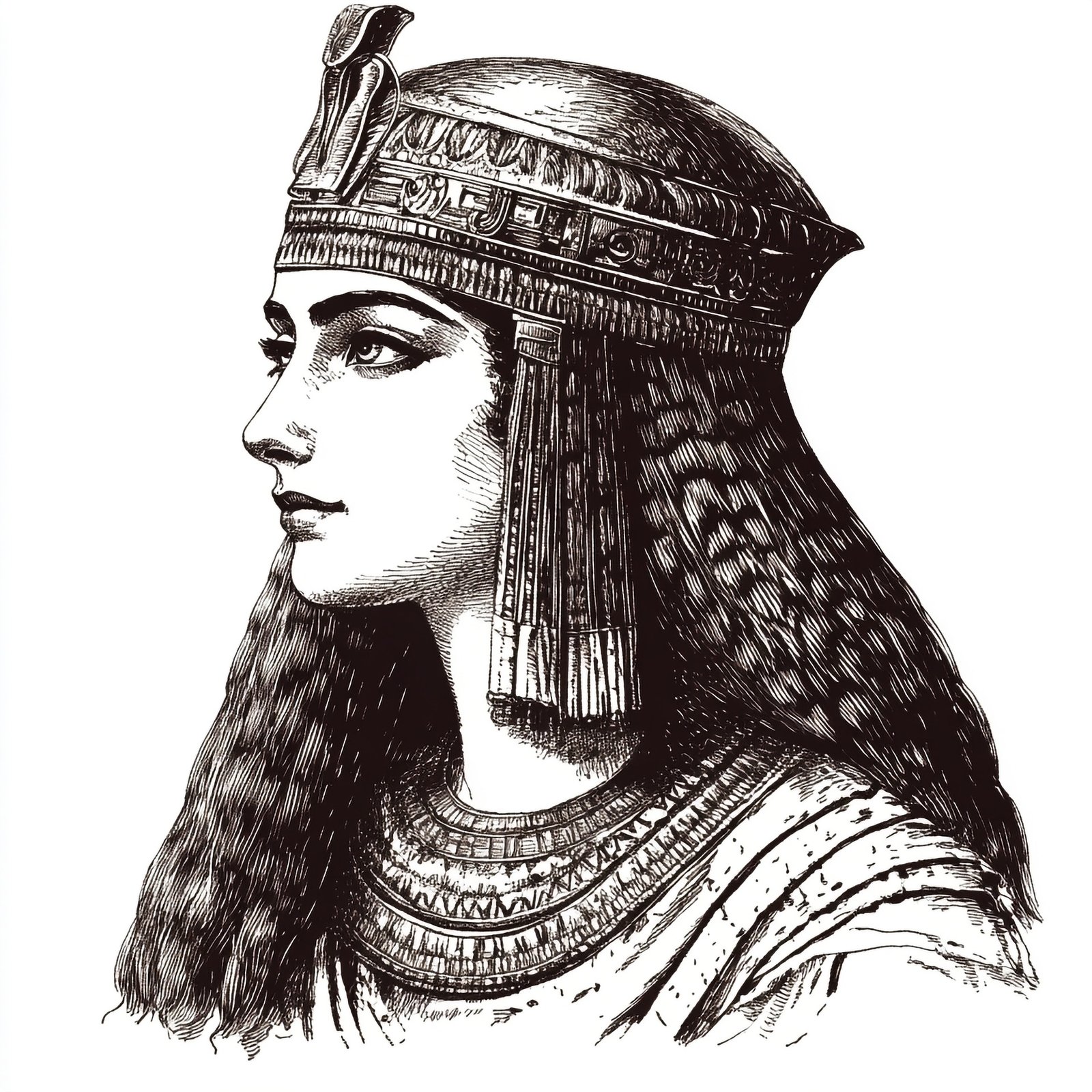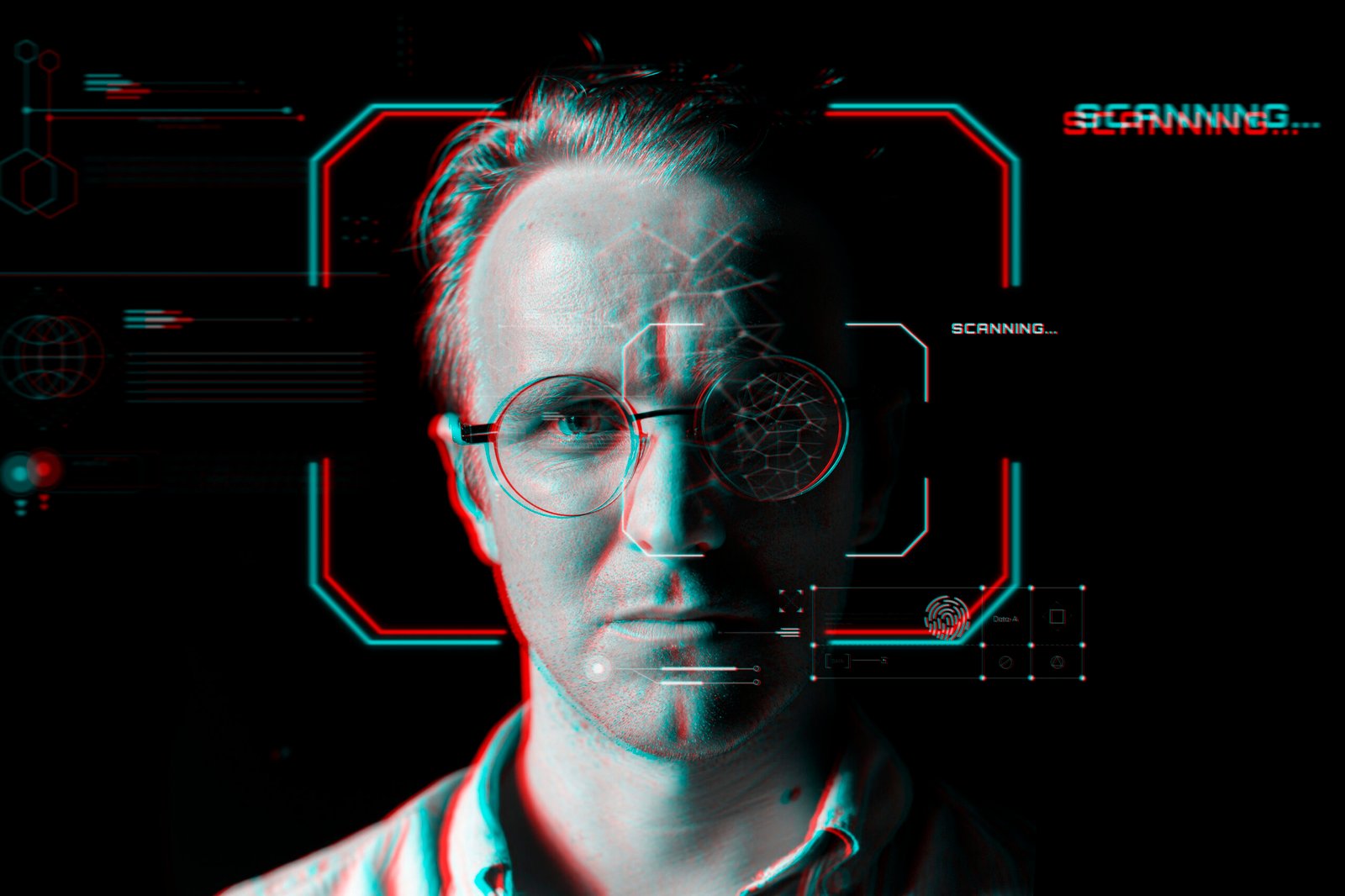Atlantis is a civilization we often hear about. Atlantis is also considered a lost civilization. It is described in folk society as a once very powerful, advanced and prosperous civilization or race. But the question remains—was Atlantis real, or is it a myth? We first hear about Atlantis through the writings of the ancient philosopher Plato, and from there we learn about it. Plato described it as an island nation that was one of the most advanced technological and cultural developments. The mysteries of Atlantis, its riches, technological advancements, and later its sudden destruction are still mysteries that have not yet been revealed to humans. For years historians, scientists, and ordinary people have been trying to solve this mystery.
The Whole Story of Atlantis
The story of Atlantis begins with an advanced and powerful empire that, according to Plato, sank into the depths of the sea about 9,000 years ago. Ancient Greek philosopher Plato describes Atlantis in his two dialogues “Critias” and “Timaeus”, where he says it was a highly advanced civilization, technologically advanced, and a rare example of cultural richness.
As described by Plato, Atlantis was an island nation rich in military power, architecture, and wealth. The islanders were renowned for their skill and were technologically very advanced. Their cities were magnificent, their ports highly developed and their agricultural systems excellent. The island was well-planned, with remarkable architecture, physical technology, and a seaport. The city was divided by several ring-shaped canals, which were used for transportation and communication. Plato also says that the kings of Atlantis ruled almost every part of the world, and their wealth and power made them consider themselves equal to the gods. For this, they become very proud and arrogant.
The Atlanteans began to see themselves as gods because of their power and prosperity. This over-confidence and arrogance push them towards corruption. They indulged in sorcery, fighting, indulging in various vices such as prostitution, trafficking in women, etc. As a result, the gods became very angry at their injustice and arrogance and decided to destroy them as punishment. Plato says that, due to the anger of the gods, Atlantis sank to the bottom of the sea in one night and the entire civilization was destroyed.
Who Told the Story of Atlantis and How Did They Know?
The story of Atlantis was first heard in the writings of the ancient Greek philosopher Plato. Plato was a famous philosopher, and through his dialogues, he introduced us to this mysterious civilization. The story of Atlantis is mentioned in his dialogues Critias and Timaeus. But the question remains, how did Plato know this story?
Plato himself says that he got this story of Atlantis from Solon, who was an influential lawmaker and philosopher of ancient Greece. Solon traveled to Egypt around 600 BC and learned from Egyptian priests through ancient manuscripts and stories.
While in Egypt, Solon heard from the priests of the Nile about a mighty island empire called Atlantis, which had sunk beneath the sea 9,000 years ago. The Egyptians believed that this civilization predated their time and had this story preserved in their manuscripts.
Solon told the story back home, and through his descendants it reached Plato. In his dialogues, particularly the “Critias” and “Timaeus”, Plato refers to Solon as saying that the story of Atlantis originated with the Egyptians and that it came to him as a historical event.
Plato’s Description of Atlantis: The Beginning of the Myth
Plato described Atlantis as a civilization that was technologically advanced, militarily powerful, and unique in cultural advancement. In his dialogues “Timaeus” and “Critias” he states that Atlantis was an island nation located in the ancient sea. According to Plato, it was a very powerful empire, which ruled the whole world but later fell due to their corruption and injustice. The fall of Atlantis was, according to Plato, a warning to mankind, which was doomed by the pursuit of power and wealth.
The Theories Surrounding the Location of Atlantis
There are many theories and speculations regarding the geographical location of Atlantis. Some believe it sank under the Atlantic Ocean; others think it did so near Egypt. According to other researchers, Atlantis can be combined with the islands of Crete and Santorini. Yet again, some believe that it must have been somewhere in South America.
Different archaeological findings have discovered items that are claimed to be similar to Atlantis; however, these have not yet been totally proven and the mystery of this fantasy has remained among us to this very date.
Scientific Evidence: Fact or Fiction?
Many studies have been done by scientists regarding Atlantis’ existence. So far, however, no definite evidence has been found in the searches done in the deep seas and elsewhere on Earth. Over time, different researchers have found various kinds of remains at different times, which they claim could be parts of Atlantis, but claims remain disputed. It was for a long time considered by many as a fable, invented by Plato for merely educational purposes only. And many people are of the view, a probably existed a civilization which is lost today.
Atlantis in Pop Culture
The story of Atlantis continues to have a profound impact on our culture today. Numerous movies, TV shows, books and documentaries have been made about this mysterious civilization. Productions such as Disney’s “Atlantis: The Lost Empire” or the TV show “Stargate Atlantis” have reimagined the story of Atlantis. One of the most fascinating subjects of modern science fiction and myth is Atlantis.
Was Atlantis a Warning?
In Plato’s description, Atlantis is not only a fable of the fall of civilization but more of a warning. Howsoever mighty a civilization might be, if its pride and corruption become an intoxication, then its fall is inevitable. The story of Atlantis teaches a lesson that is not irrelevant even in modern times. Plato thereby reminds us that in the struggle for power and prosperous existence, morality should not be lost. It was a reminder that if one day we forgot all moral codes, our future might be at the bottom of the sea.
Atlantis: Still to Be Found?
The search for Atlantis is among those puzzles that are considered the most captivating in history. A belief in some submerged advanced civilization lost either beneath the waves or at some as-yet-undiscovered terrestrial location, has long inflamed the imagination of scientists, explorers, and storytellers. Originally, the story of Atlantis was told by the Greek philosopher Plato. The story described a powerful, highly civilized society that plunged into the sea several millenniums ago. However, since tangible proof that Atlantis ever existed is not present, the account of Atlantis is considered a myth or some form of legend by many.
The temptation of finding Atlantis, even when one doubts over its existence, is still there. Still, scientists and explorers search the ocean floor and other regions around the world in anticipation of finding some artifacts or evidence of some lost civilization. But the question still lingers: will we ever truly know if Atlantis existed?
But the story of Atlantis might never be found, yet it continuously provokes curiosity, exploration, and imagination in the minds of people from every part of the world.






